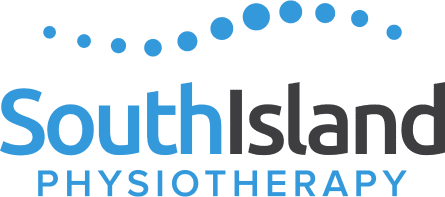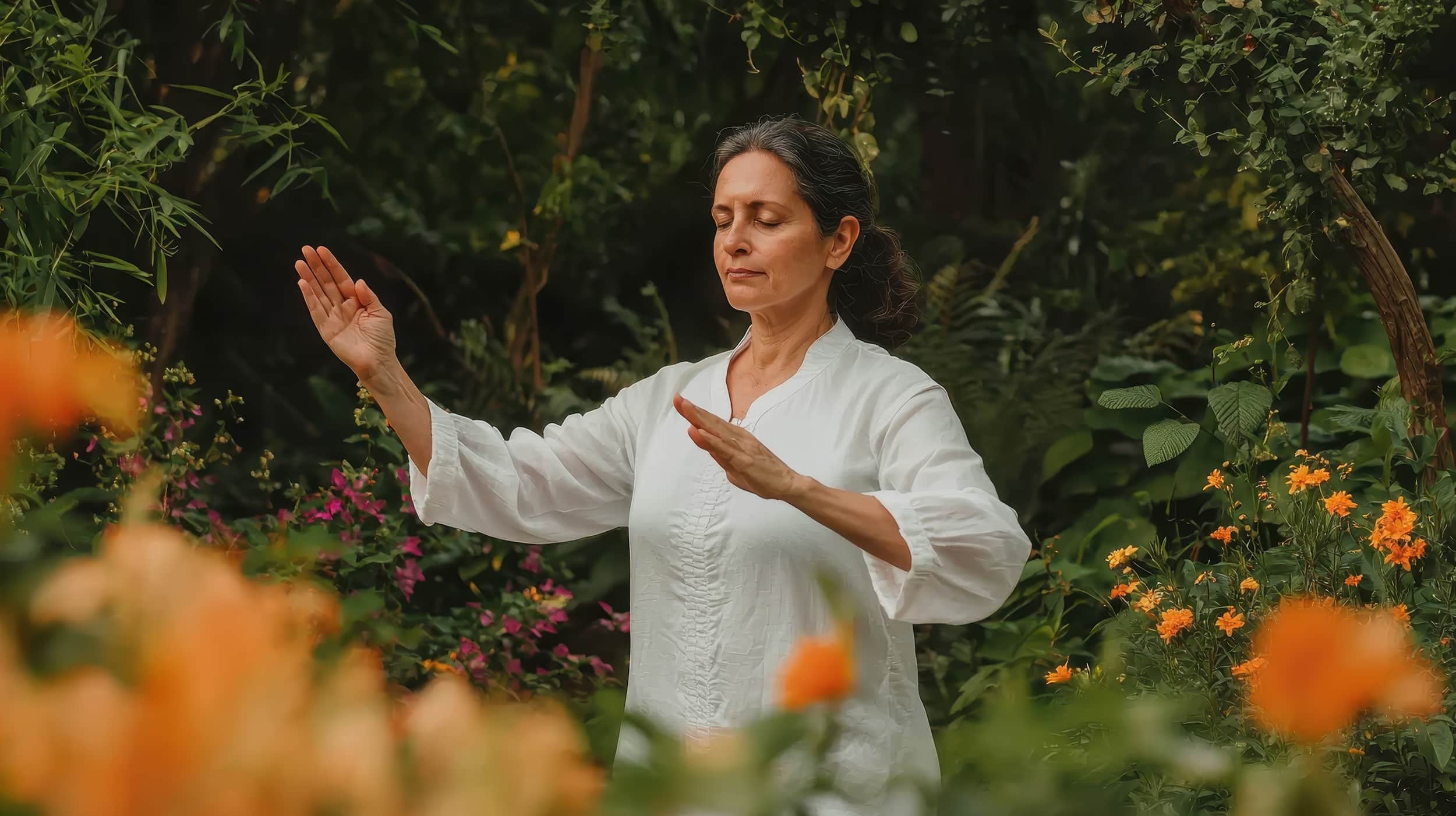Suffering From Depression and Anxiety? Physical Activity Can Help!
Anxiety is one of the most prevalent mental health conditions, affecting millions of people worldwide. According to the Anxiety and Depression Association of America, anxiety disorders impact nearly 40 million adults in the U.S. alone. While medication and talk therapy are commonly used to treat anxiety, alternative treatments for anxiety, including physical exercise, have gained significant attention. Research shows that regular physical activity may significantly reduce symptoms of anxiety and stress while improving overall mental and physical health.
Exercise and Depression and Anxiety Relief – The Science
Exercise and physical activity offer a wide range of mental health benefits. A systematic review and meta-analysis of multiple studies indicate that people with anxiety disorders who engage in physical activity experience a noticeable reduction in anxiety symptoms. Physical exercise may improve mood, cognitive function, and stress management by triggering various physiological changes in the body. Exercise activates the release of endorphins, often referred to as the brain’s “feel-good” chemicals, which help you manage anxiety and stress more effectively. Additionally, aerobic exercise influences the production of neurotransmitters like serotonin and dopamine, which play a crucial role in mental health. These biochemical changes can ease symptoms of depression and anxiety, making regular exercise a powerful tool for those dealing with anxiety and panic disorders.
Effects of Physical Activity on Mental Health
The effects of exercise on mental health disorders, including anxiety and depression, have been extensively studied. A systematic review and meta-analysis found that individuals who exercise regularly experience lower levels of anxiety compared to those who are physically inactive. The prevalence of anxiety tends to be higher in individuals with sedentary lifestyles, and reducing sitting time by engaging in physical activity may help alleviate symptoms.
The physical benefits of exercise, such as improved cardiovascular health and reduced inflammation, contribute to overall well-being, which in turn can have a positive impact on mental health. Regular physical activity helps regulate the body's stress response, reducing the burden of anxiety disorders and improving resilience against stress and anxiety.
How Much Exercise is Necessary?
The Department of Health and Human Services and the Centers for Disease Control and Prevention recommend at least 150 minutes of moderate aerobic activity or 75 minutes of vigorous exercise per week. Small amounts of physical activity, such as taking the stairs instead of the elevator or engaging in short walks throughout the day, can also provide benefits. Even less intense exercise, such as yoga or stretching, can help ease symptoms of depression or anxiety.
Forms of Physical Activity That Reduce Anxiety
Engaging in various forms of physical activity may help reduce anxiety symptoms. Some of the most effective types of exercise include:
1. Aerobic Exercise
Activities such as running, cycling, swimming, and brisk walking can significantly reduce symptoms of anxiety and depression.
2. Strength Training
Weightlifting and resistance exercises have been shown to have positive effects on mental health, reducing stress and boosting confidence.
3. Yoga and Tai Chi
These mind-body exercises combine physical movement with controlled breathing, helping to lower trait anxiety and improve emotional regulation.
4. Team Sports or Group Exercise Programs
Participating in formal exercise programs or recreational sports can provide social support, which is beneficial for managing anxiety.
5. Everyday Physical Activity
Simple activities like taking a walk after meals or encouraging children after school to engage in active play can contribute to better mental health outcomes.
Starting a New Exercise Routine
For those dealing with depression and anxiety, starting a new exercise program can feel overwhelming. Here are some tips for starting and maintaining an exercise routine:
- Set Realistic Goals: Start with small, manageable goals, such as a 10-minute walk daily, before gradually increasing intensity and duration.
- Choose Enjoyable Activities: Find physical activities that you enjoy, whether it’s dancing, hiking, or swimming.
- Exercise Regularly: Consistency is key; aim to engage in regular physical activity at least three to five times a week.
- Mix It Up: Incorporate different exercises to keep things interesting and target various muscle groups.
- Seek Support: Exercising with a friend or joining a class can provide motivation and accountability.
- Listen to Your Body: It’s important to recognize when to push yourself and when to rest, especially if you have a pre-existing health condition.
Exercise and Mental Health Professionals
While exercise offers many mental health benefits, it is not a substitute for professional care. If you experience severe anxiety and panic symptoms, it’s essential to consult a healthcare professional or mental health professional. A combination of therapy, medication, and regular physical activity may be the most effective approach for managing symptoms of depression or anxiety. The Mayo Clinic and other reputable health organizations recommend incorporating exercise into treatment plans under the guidance of a mental health professional.
The role of exercise in mental health treatment cannot be overstated. Regular physical activity can help reduce anxiety, improve mood, and enhance overall well-being. Every step counts, whether through structured aerobic activity, strength training, or simply making small lifestyle changes like taking the stairs instead of the elevator. Exercise and physical activity may not only ease symptoms of depression and anxiety but also provide long-term resilience against stress.
If you’re dealing with anxiety, incorporating an exercise routine into your daily life may be one of the most effective steps to take toward better mental health. Let the expert practitioners at South Island Physiotherapy in Victoria, BC, help you develop an exercise plan to support your mental health. Contact us today to schedule a consultation.

